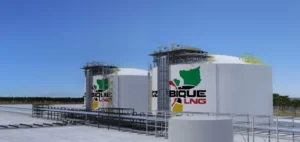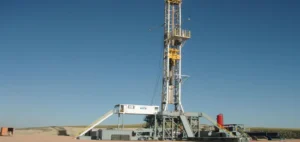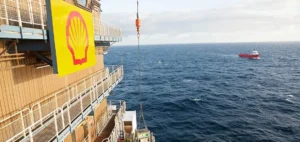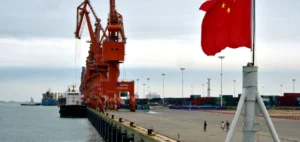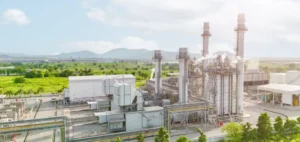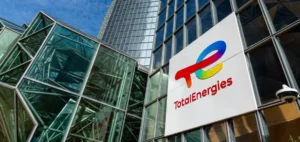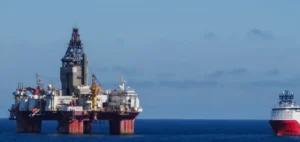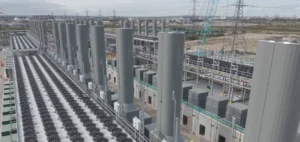The U.S. Department of Energy approves the export of liquefied natural gas(LNG) from the Alaska LNG project, marking a significant step forward in U.S. energy production and global competitiveness.
The economic and international security benefits to the United States of exporting LNG to Asia
The project, worth about $39 billion, is designed to compete with Russia in shipping natural gas from the Arctic to Asia. The LNG will be exported primarily to Asian countries, which could provide the United States with economic and international security benefits.
The Alaska Gasline Development Corp (AGDC) is responsible for exporting LNG from the project to countries with which the United States does not have a free trade agreement. However, the company has not yet made a final investment decision on the project. If the project obtains investments and all the required authorizations, it should be operational by 2030.
The project includes a liquefaction facility on the Kenai Peninsula in southern Alaska and a proposed 807-mile (1,300 km) pipeline to move gas stranded in northern Alaska through the state. Donald Trump’s previous administration initially approved the project’s exports, but he faced opposition from environmental groups. The Biden administration conducted an environmental review of the project and concluded that the economic and international security benefits outweigh the concerns of environmental groups.
Approval of LNG exports from the Alaska LNG project is crucial to U.S. ambitions in the global energy market
However, the Biden administration amended the previous approval to prohibit the release of carbon dioxide associated with the project into the atmosphere. This decision has been criticized by environmental groups, with Friends of the Earth calling it a “carbon bomb. Earthjustice, an environmental law firm, also says the decision paves the way for additional legal action to stop the project.
The Biden administration is seeking to approve more U.S. LNG exports as it competes with Russia, one of the world’s largest energy exporters. Russia plans to start its Arctic LNG-2 project in late 2023, which is among the largest LNG facilities in the world. However, Russia is currently under pressure from Western sanctions for its invasion of Ukraine. The U.S. has increased its LNG exports to Europe after Moscow cut off pipeline shipments to the continent.
Thus, the approval of LNG exports from the Alaska LNG project is an important step for the United States to become a major player in the global energy market. Although there are concerns from environmental groups, the Biden administration has deemed the project to be in the public interest, given its economic and international security benefits.









